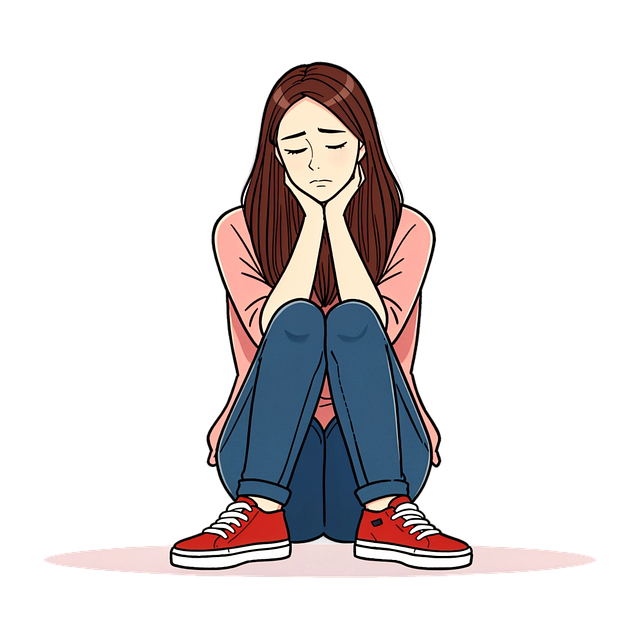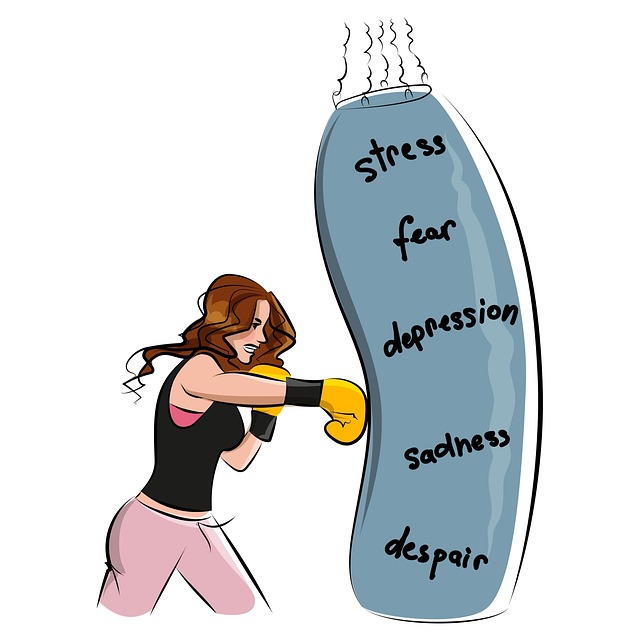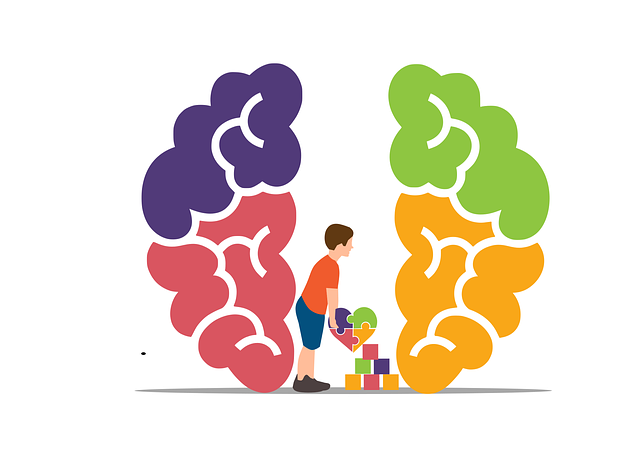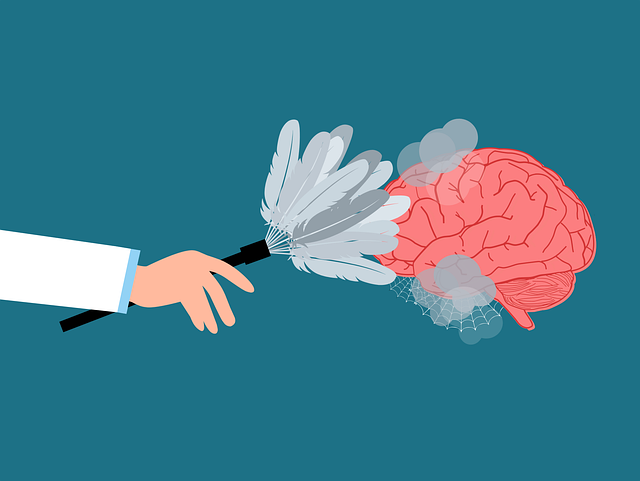For therapists and clinicians, understanding mental health needs is crucial for crafting an effective superior therapy self-care routine. This involves specialized tools for stress management and maintaining work-life balance. Through regular self-awareness exercises, professionals assess emotional states, identify burnout triggers, and develop personalized coping strategies. Regular risk assessments are vital for early detection of potential mental health issues. Strategies include journaling, mindfulness, deep breathing, exercise, hobbies, and creative pursuits to enhance overall well-being, build resilience, and prevent burnout, ultimately improving therapy quality.
“Unwind, rejuvenate, and unlock your mental wellness potential. In today’s fast-paced world, prioritizing self-care is not a luxury but a necessity, especially for therapists and clinicians. This comprehensive guide, tailored for the mental health professionals at Superior Therapy, explores the art of cultivating a robust self-care routine. By understanding individual mental health needs, we’ll equip you with tools to craft a personalized practice, fostering resilience and mitigating burnout. Discover strategies to seamlessly integrate self-care into your professional life, achieving a synergistic approach to both personal and patient care.”
- Understanding Your Mental Health Needs: A Foundation for Self-Care
- Crafting a Personalized Self-Care Routine: Tools and Strategies
- Integrating Self-Care into Your Professional Practice: A Synergistic Approach
Understanding Your Mental Health Needs: A Foundation for Self-Care

Understanding your mental health needs is a crucial step in developing an effective self-care routine. It involves recognizing and acknowledging the unique challenges and strengths that come with your profession, such as those faced by therapists and clinicians. Superior Therapy for Therapists-Clinicians often requires specialized tools to manage stress and maintain a healthy work-life balance. Engaging in regular Self-Awareness Exercises can help professionals assess their emotional state, identify potential burnout triggers, and develop coping strategies tailored to their specific needs.
This self-reflection is a strong foundation for building a robust self-care regimen. It involves setting boundaries, prioritizing personal time, and incorporating activities that promote relaxation and rejuvenation. By understanding your mental health landscape, you can create a personalized Self-Care Routine Development plan that enhances resilience and fosters a healthier mind, ultimately benefiting both your professional and personal life. This process also includes regular Risk Assessment for Mental Health Professionals to ensure early detection of any potential issues.
Crafting a Personalized Self-Care Routine: Tools and Strategies

Crafting a personalized self-care routine is a transformative process that empowers individuals to prioritize their mental wellness. It involves understanding your unique needs and incorporating therapeutic practices into daily life. Therapists and clinicians can play a pivotal role in guiding clients towards superior therapy by offering tailored strategies. This may include recommending Mental Wellness Journaling Exercises for reflection and self-awareness, which has been proven effective in reducing the Mental Illness Stigma.
By integrating Stress Management techniques such as mindfulness or deep breathing exercises, individuals can create a sense of calm amidst life’s challenges. These practices not only enhance overall mental wellness but also serve as valuable tools for navigating difficult emotions. Through dedicated self-care routines, folks can foster resilience, ensuring they approach life’s twists and turns with greater equanimity.
Integrating Self-Care into Your Professional Practice: A Synergistic Approach

Integrating self-care into your professional practice is a synergistic approach that goes beyond mere relaxation. For therapists and clinicians, it’s about cultivating inner strength and enhancing self-esteem to provide superior therapy. By prioritizing their own mental wellness, professionals can better support their clients’ journeys towards healing. This practice involves mindful strategies tailored to prevent burnout, ensuring practitioners maintain the energy and passion necessary for effective treatment.
Self-care isn’t a luxury; it’s an essential tool for fostering resilience and maintaining professional integrity. Incorporating activities that nurture physical, emotional, and mental health enables therapists and clinicians to offer their best services. Whether through dedicated time for hobbies, regular exercise, or engaging in creative pursuits, these practices contribute to the holistic development of inner strength, ultimately benefiting both personal life and clinical practice.
Developing a robust mental wellness self-care routine is a game-changer for therapists and clinicians. By understanding their unique mental health needs and crafting personalized practices, professionals can enhance their well-being and, in turn, provide superior therapy services. Integrating self-care into daily life not only benefits individual practitioners but also fosters a healthier, more synergistic approach to patient care. This holistic strategy ensures that therapists are equipped to offer the best support, leading to more fulfilling careers and improved mental health outcomes for both professionals and their clients.












